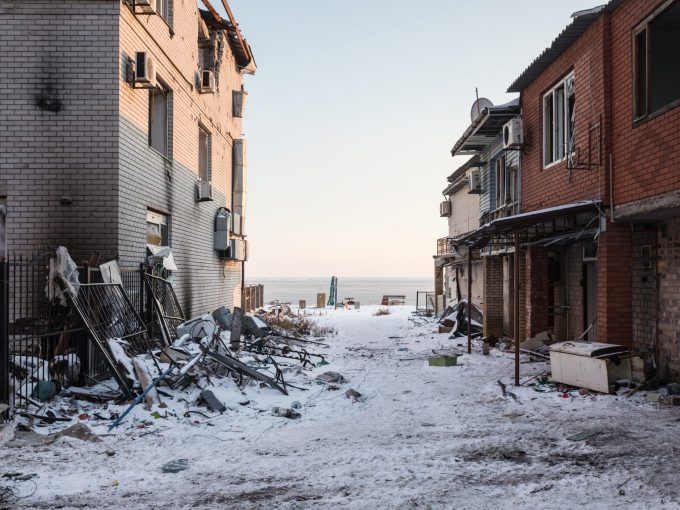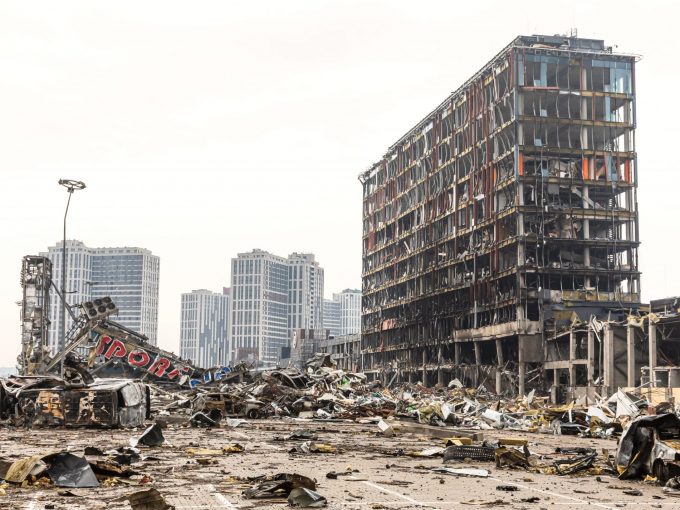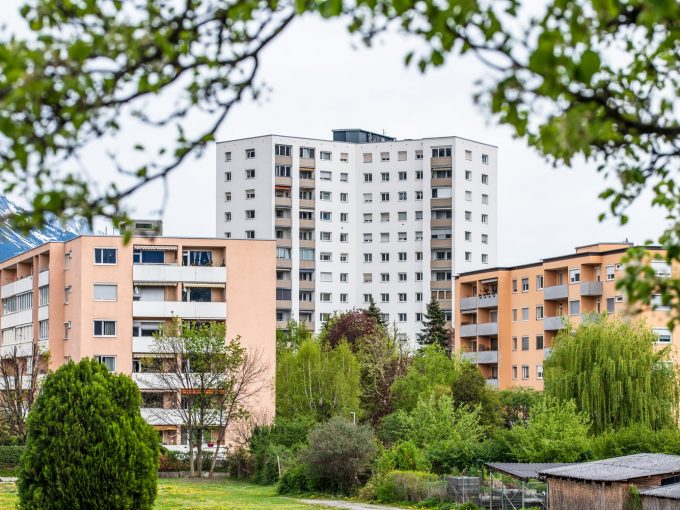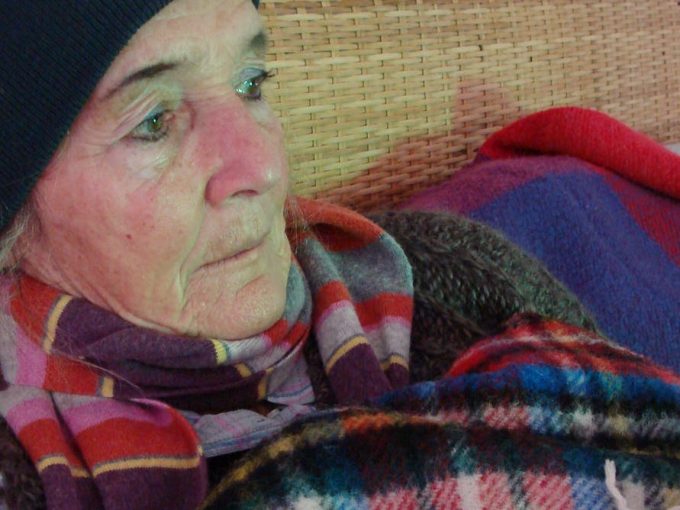On October 5, Prof. Julie Lawson and Oleksandr Anisimov presented at the University of Warsaw EUROREG seminar series on their work on rebuilding Ukraine.
Prior to the war on Ukraine, poor housing conditions prevailed – including overcrowding, lack of maintenance, energy inefficiency (and energy poverty) and severe unaffordability for low-to-middle-income groups entering the housing market in major cities. Ukraine continues to face the problem of homeowners unable to sell or invest to renovate their buildings.
A rapid evidence review led by RMIT CUR with New Housing Policy, CEDOS and Housing Europe, demonstrates the magnitude of need, its dynamic spatial distribution and the vulnerability of households affected.
By 2023, Russian aggression had further damaged over 817,000 homes, directly affecting two million residents, causing approximately 15–20 percent of all Ukrainian citizens to flee their homes and communities. This process has been costly from multiple perspectives and also very uneven. Some communities are overcrowded, while others are partly abandoned. It also means great pressure on households trying to find and keep a home. Recent data estimates that 745,000 internally displaced people (IDPs) in Ukraine hope to remain in their current location for the longer term. More than 3.3 million IDPs see returning home as their ultimate preference, while 142,000 IDPs are looking to resettle in another location more permanently (IOM, 2023).
Yet despite evidence of the significant housing need, official plans, programs, and funding offer no plan or long-term housing solutions. Housing policy reform is painstakingly slow, there is no needs-based capital investment approach and almost no public-interest housing providers stepping in to provide long-term solutions. Rather, policy remains focussed on preserving the pre-war home-ownership-oriented model, via subsidies for mortgagees, vouchers and certificates for repairs and reconstruction, and temporary housing.
This inadequate response may be turned around through academic, civil society efforts, NGO advocacy and international co-operation. More informed attention needs to be given to the governance, planning, financing, construction and management of safe, durable, affordable and energy efficient housing. A presentation by Julie Lawson and Oleksandr Anisimov at EUROREG provided updates on Ukraine’s housing policy reforms and recovery efforts, and outlined the potential of the proposed EU Ukraine Facility to deliver the recommendations of the report Rebuilding a Place to Call Home.
You can find the presentation here. Read the latest report on Ukraine’s social housing needs assessment here.
RMIT CUR continues to work with Ukrainian partners and across the European and AHURI research network, to address Ukraine’s need for a just recovery. New research will be presented on this in the coming weeks.





